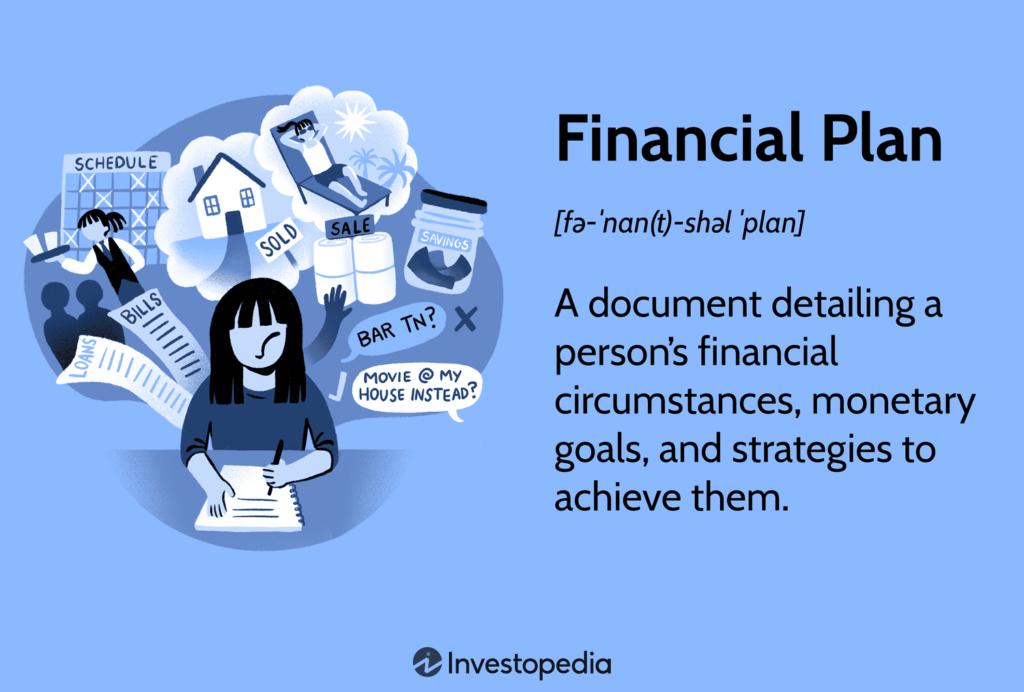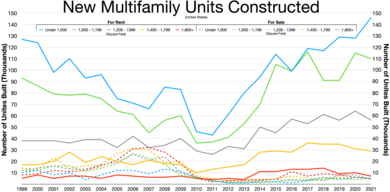The British Columbia Ministry of Finance is one of the most important government entities within the provincial government, with a key mandate to manage the province’s financial resources. It oversees everything from taxation policies to public debt management, ensuring that government spending aligns with fiscal goals, and the provincial economy remains stable. Whether you’re a resident, a business owner, or someone interested in public finance, understanding the workings of the Ministry of Finance can offer insights into the economic health and future direction of British Columbia (BC).
In this article, we’ll provide an in-depth look at the British Columbia Ministry of Finance, its roles, responsibilities, services, programs, and policies, as well as how it impacts residents and businesses within the province.
What is the British Columbia Ministry of Finance?
The British Columbia Ministry of Finance is a governmental body responsible for overseeing the economic health of the province. It plays an integral role in managing the province’s budget, fiscal policy, public debt, and taxation systems. The Ministry is tasked with ensuring that the provincial government’s finances are aligned with broader economic goals and that public funds are spent responsibly and efficiently.
The Minister of Finance leads the Ministry and is responsible for presenting the annual budget to the legislature and overseeing all financial policies and programs. The Ministry also provides the Premier and other Cabinet members with economic advice that guides their decision-making on matters such as taxation, public investment, and government spending.
The Ministry works in close collaboration with other provincial ministries, public sector organizations, and the private sector to ensure that the financial policies it implements align with the province’s long-term economic priorities.
Key Functions of the Ministry of Finance
The Ministry of Finance is responsible for a wide range of financial and economic activities that directly impact the lives of BC residents. Below are the primary functions and responsibilities of the Ministry:
1. Tax Policy and Administration
Taxation is one of the most important responsibilities of the Ministry of Finance. The Ministry is tasked with developing, implementing, and managing tax policies that fund government services and infrastructure projects. Tax policies and regulations are designed to ensure that BC has a steady stream of revenue while also supporting a competitive economy.
Types of Taxes Managed by the Ministry:
- Personal Income Tax: This is the tax levied on individual income. The Ministry is responsible for setting the provincial income tax rates and ensuring that they align with national standards while supporting provincial needs.
- Corporate Income Tax: Corporate taxation is crucial for businesses operating in BC. The Ministry sets tax rates for businesses, making sure that BC remains an attractive place for entrepreneurs and companies to grow while ensuring that large corporations contribute fairly to public services.
- Sales Tax: The Provincial Sales Tax (PST) is one of the major sources of revenue for the province. It is the Ministry’s responsibility to set sales tax rates and ensure compliance, while also maintaining a cooperative relationship with federal tax agencies that manage the Goods and Services Tax (GST).
- Property Taxes: Local governments levy property taxes on real estate in BC, but the Ministry of Finance plays a key role in overseeing the property assessment process through BC Assessment, ensuring that property valuations are fair and consistent.
The Ministry also provides a range of tax credits and deductions to support specific groups such as low-income families, seniors, and people with disabilities.
2. Budgeting and Financial Planning

A significant part of the Ministry’s work is developing the provincial budget. Each year, the Ministry works alongside other government departments to plan for the fiscal year by forecasting revenues and expenditures. The goal of budgeting is to ensure that government spending supports public services without overspending or accumulating excessive debt.
The process involves:
- Budget Formulation: The Ministry consults with various government departments to assess their financial needs and aligns those needs with the province’s long-term economic goals. This requires balancing competing priorities, such as healthcare, education, and infrastructure development, with the need for fiscal prudence.
- Budget Approval: Once the budget is finalized, the Minister of Finance presents it to the Legislature. This is a key moment in the political cycle as the budget sets the financial direction of the government for the year.
- Fiscal Policy Goals: The Ministry uses the budget to support overarching fiscal policies, such as reducing the deficit, managing debt, and ensuring that there is sufficient investment in infrastructure to support economic growth.
The budget often includes measures such as increased funding for public services, new taxes or fees, or adjustments to existing programs based on the province’s economic conditions.
3. Public Debt and Deficit Management
Debt management is another crucial role of the Ministry of Finance. British Columbia, like many governments, carries debt to finance capital projects, such as infrastructure development, public buildings, and transportation systems. The Ministry manages both short-term and long-term debt to ensure the province’s financial stability.
Key components of debt management include:
- Debt Issuance: The Ministry issues bonds to raise funds from investors. This money is used to finance large-scale infrastructure projects and public programs. Managing the cost of borrowing is essential to ensuring that the province doesn’t overburden future generations.
- Debt Servicing: The Ministry ensures that the province’s debt obligations are met, paying off interest on bonds and other financial instruments. The aim is to avoid a financial crisis due to unpaid debt or reduced credit ratings.
- Fiscal Responsibility: The Ministry strives to balance the province’s budget while also planning for future debt repayment, maintaining a strong credit rating, and ensuring that public investments continue to generate returns for BC residents.
4. Economic Development and Policy Advisory
The Ministry of Finance also plays an important advisory role in shaping BC’s overall economic policy. By analyzing economic trends and projections, the Ministry helps the government make informed decisions that stimulate economic growth and job creation.
Economic Policy Functions:
- Forecasting Economic Trends: The Ministry uses data and economic models to predict economic conditions in the coming years. These predictions help inform budget decisions, such as tax cuts or spending increases.
- Revenue Forecasting: Understanding how much money the province will generate through taxes is crucial to creating a realistic budget. The Ministry of Finance works with other departments to forecast future revenues accurately.
- Public Investment: The Ministry assesses the effectiveness of public investments. It makes recommendations on how best to spend public money to generate the highest returns, including in areas like education, healthcare, and transportation.
5. Financial Reporting and Transparency
Transparency is a core principle of the Ministry’s work. It ensures that the public has access to clear and accurate information regarding the province’s finances. This helps foster trust and accountability between the government and the public.
Key reports include:
- Public Accounts: An annual document that presents detailed financial statements of the provincial government, showing how taxpayer money has been spent and the financial condition of the province.
- Economic Forecasts and Updates: These reports provide projections about the economy, government revenue, and potential risks to the budget, which helps prepare both the public and private sectors for future changes.
- Quarterly Financial Reports: The Ministry publishes quarterly updates on the government’s financial performance, helping ensure that taxpayers can monitor how their money is being spent throughout the year.
Key Programs and Services Managed by the Ministry of Finance
Beyond its fiscal management duties, the Ministry of Finance is responsible for several essential programs that benefit the people and businesses of British Columbia.
1. BC Assessment and Property Valuation
The Ministry oversees BC Assessment, a crown corporation that provides property valuations for tax purposes. The agency assesses all types of property—residential, commercial, and industrial—and ensures that the property tax system remains fair and equitable across the province.
2. Taxpayer Services
To assist both individuals and businesses in fulfilling their tax obligations, the Ministry of Finance provides a range of taxpayer services. These include resources for filing taxes, information on available credits and deductions, and support for businesses that need help navigating tax regulations.
3. Financial Assistance Programs
The Ministry of Finance administers various programs designed to provide financial relief to residents, especially those facing hardship. These programs may include the BC Family Tax Benefit, the GST/HST Credit, and other income supports for low-income individuals and families.
The Role of the Minister of Finance
The Minister of Finance holds one of the most important positions in the provincial government. The current Minister of Finance (as of 2024) is Katrina Chen. The Minister is responsible for overseeing all of the activities described above, including the management of the budget, setting tax policies, and providing fiscal leadership.
Key responsibilities of the Minister of Finance:
- Leading the Ministry in fiscal policy development.
- Presenting the provincial budget to the legislature.
- Advising the Premier on economic and financial matters.
- Ensuring that BC maintains a balanced budget, where possible, and that government debt is managed responsibly.
- Representing the province in financial discussions with other levels of government and international financial organizations.
The role of the Minister is pivotal to the economic prosperity and financial stability of the province.
Why the Ministry of Finance Matters for BC Residents and Businesses
Understanding the work of the British Columbia Ministry of Finance is essential for both residents and businesses. The Ministry’s decisions on taxation, spending, and economic policies directly influence the cost of living, business growth, and overall economic conditions in the province.
For individuals, understanding how the tax system works can lead to better tax planning, eligibility for credits, and an understanding of government funding for services like healthcare and education.
For businesses, keeping abreast of changes to tax rates, investment incentives, and public funding for infrastructure projects can provide valuable insights into opportunities for growth and competitive advantage.
For investors, knowledge of the Ministry’s budget and economic reports can be vital when evaluating the long-term prospects of the province’s economy.
Conclusion
The British Columbia Ministry of Finance is a cornerstone of the province’s economic governance, responsible for everything from budget management to tax policy to debt administration. Its work ensures that the province can provide essential services, maintain fiscal stability, and support long-term economic growth.
Whether you are a resident, a business owner, or simply someone interested in public finance, understanding how the Ministry of Finance operates and the role it plays in shaping the financial future of BC is crucial for navigating the province’s economic landscape.also more read this networksights.com














Leave a Reply